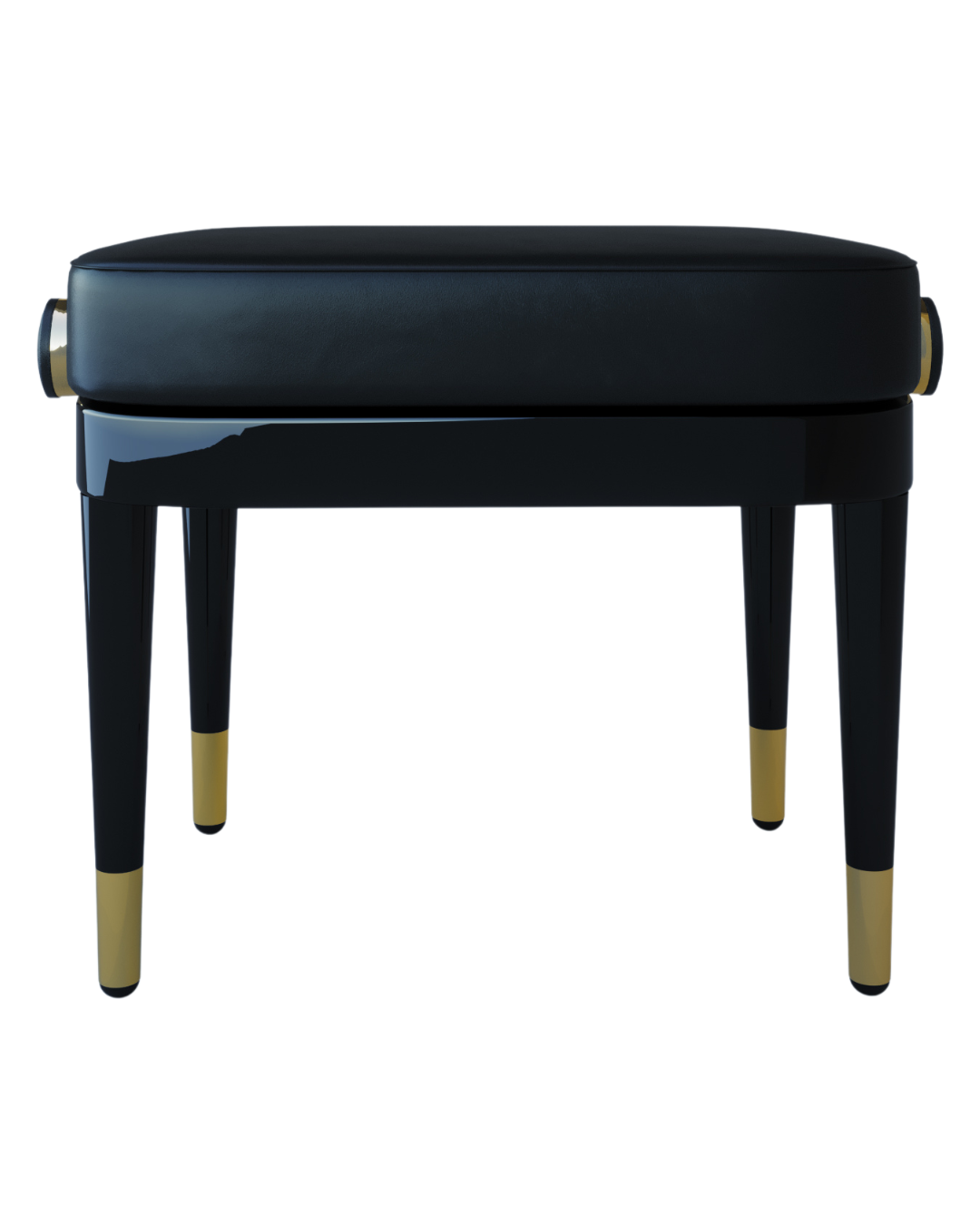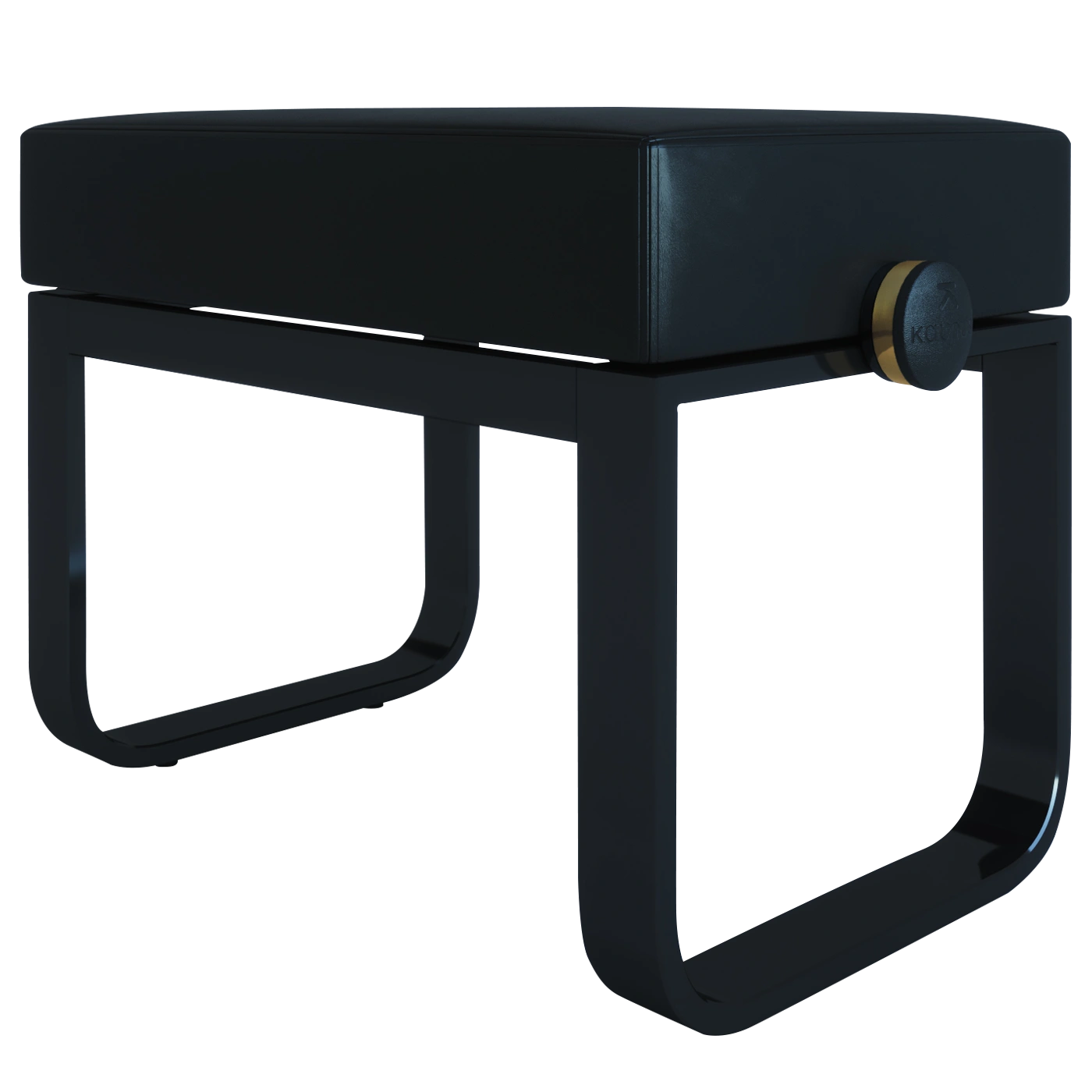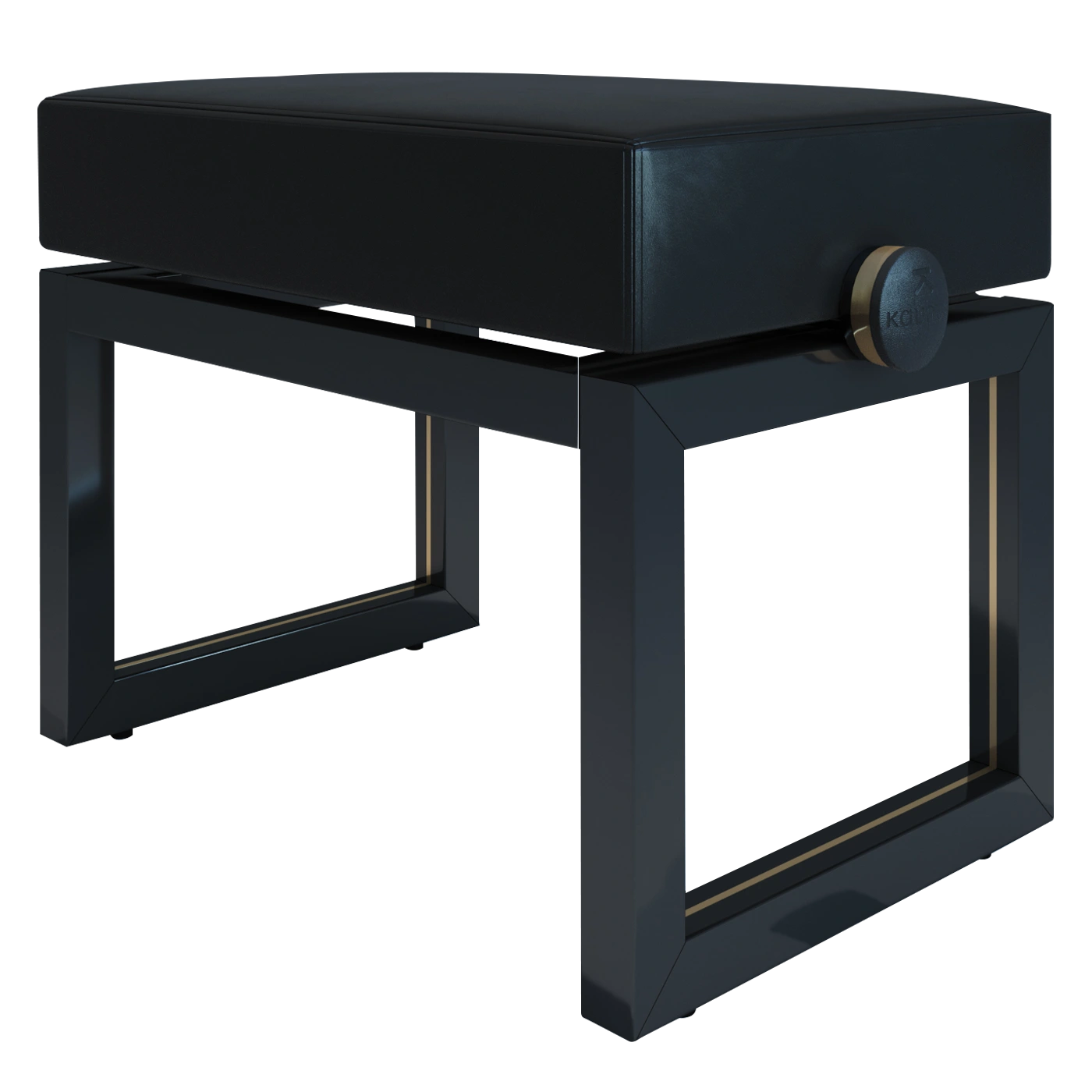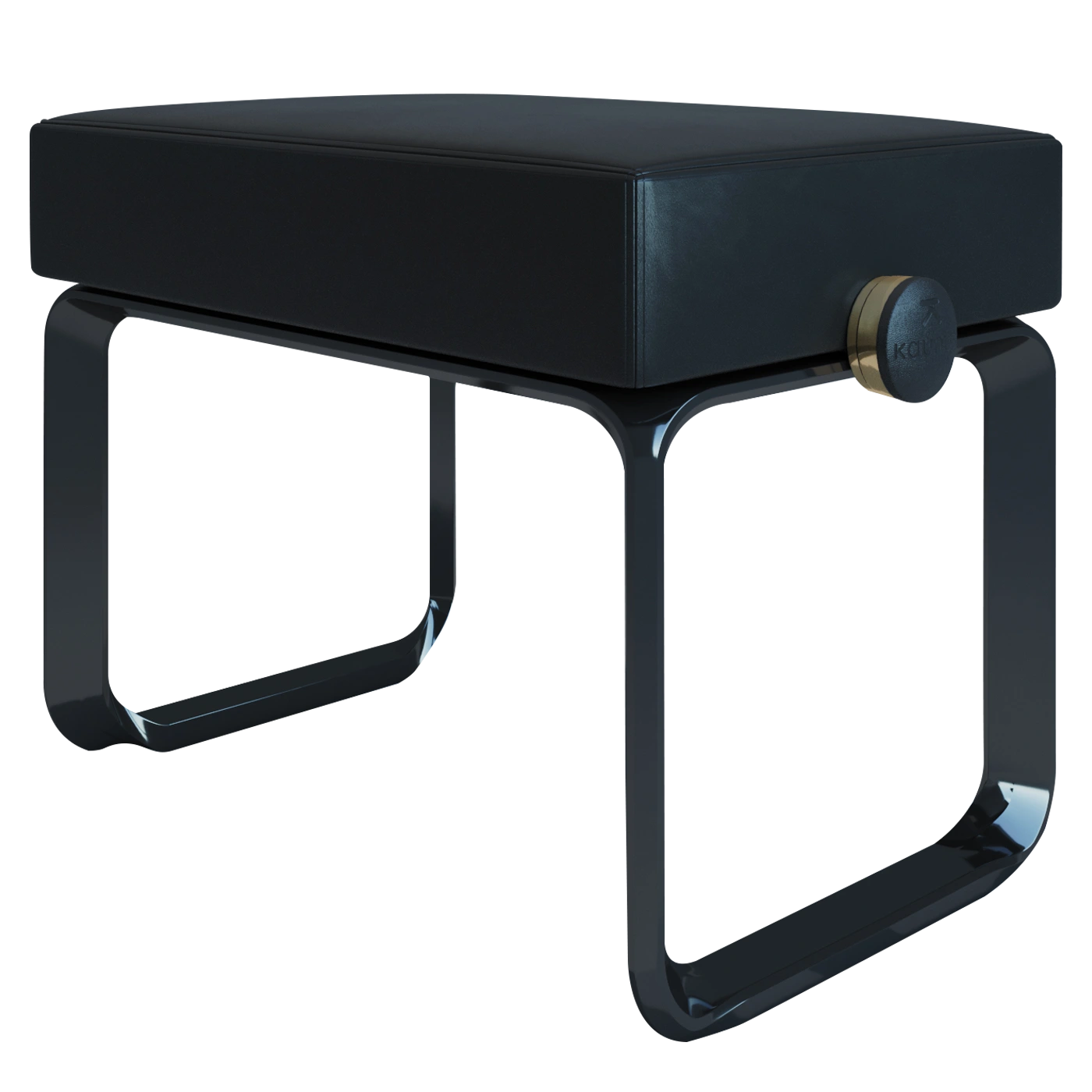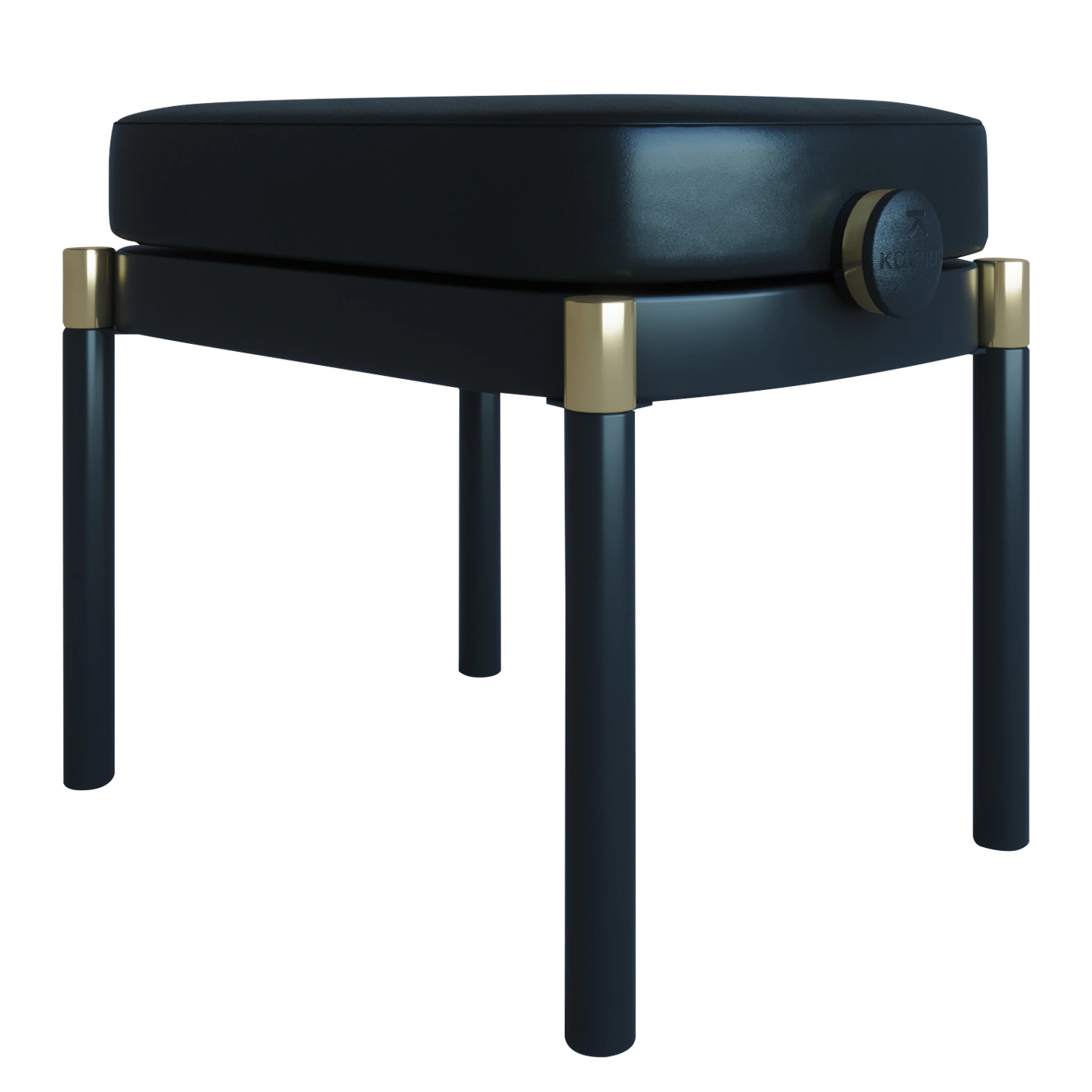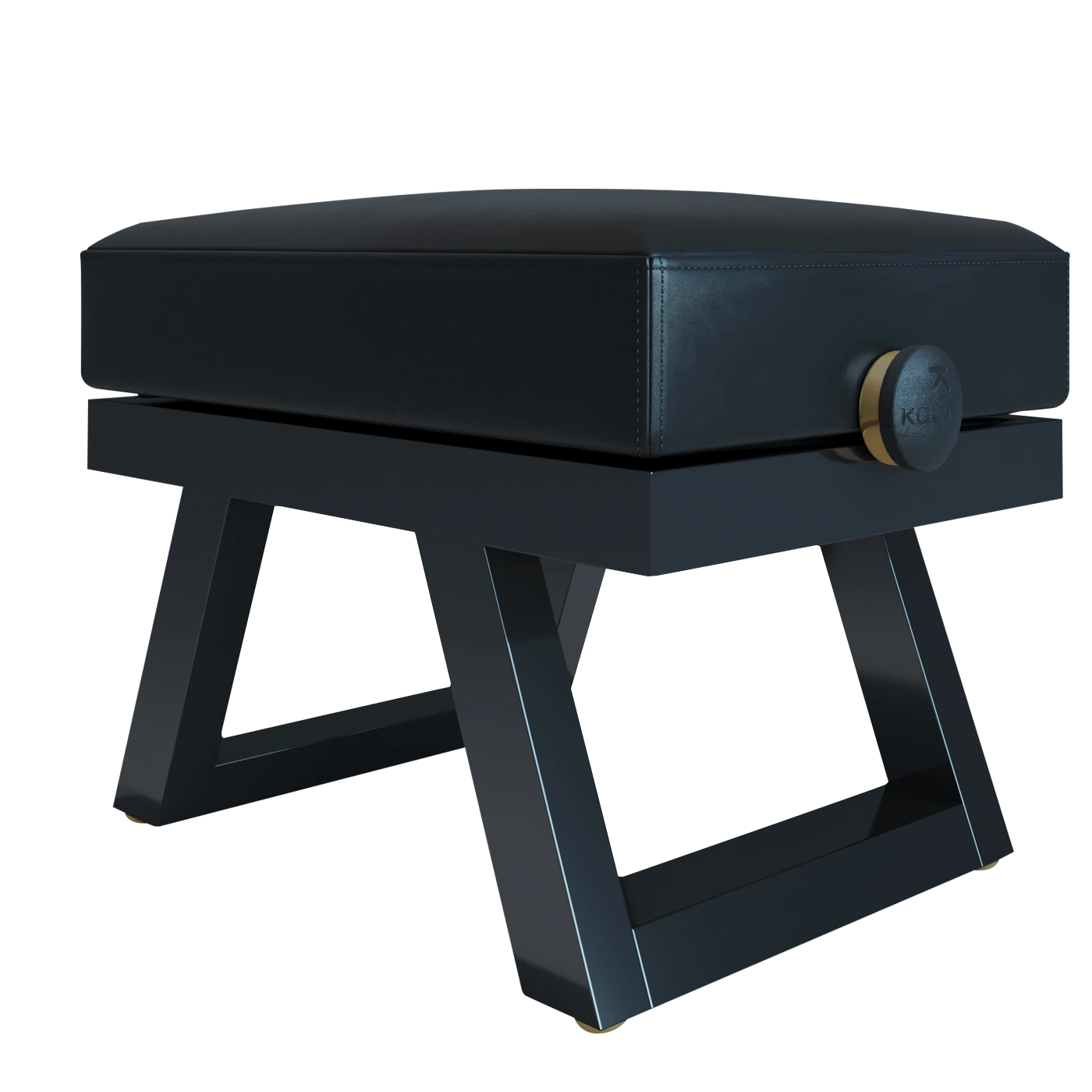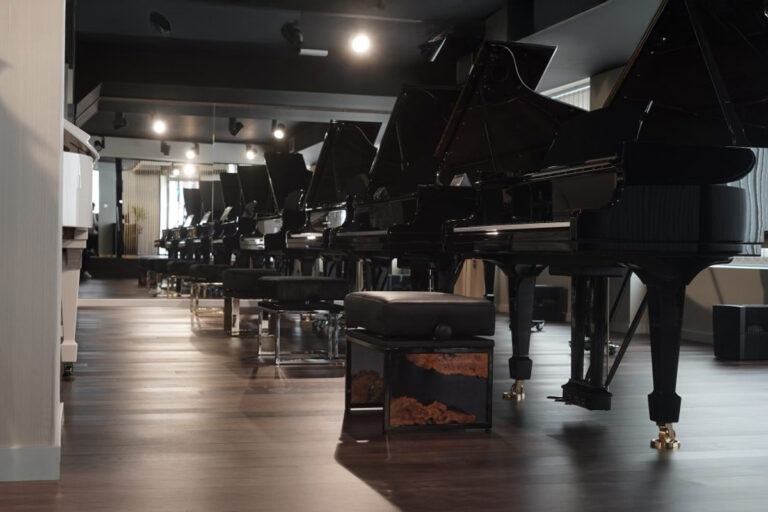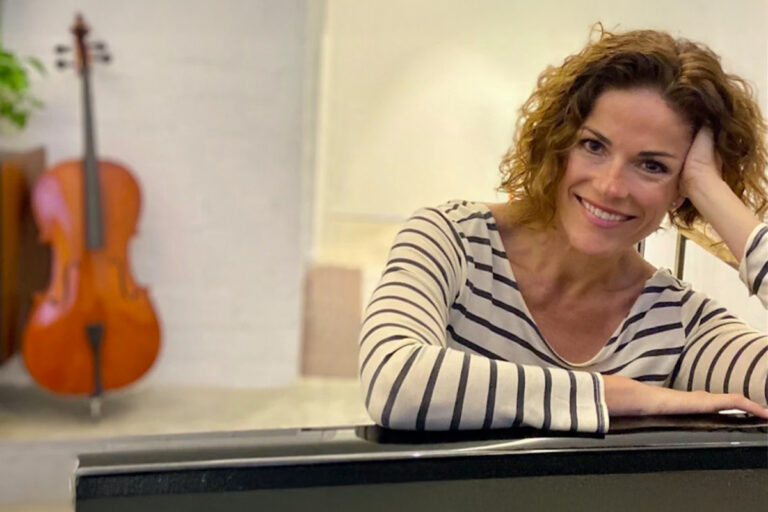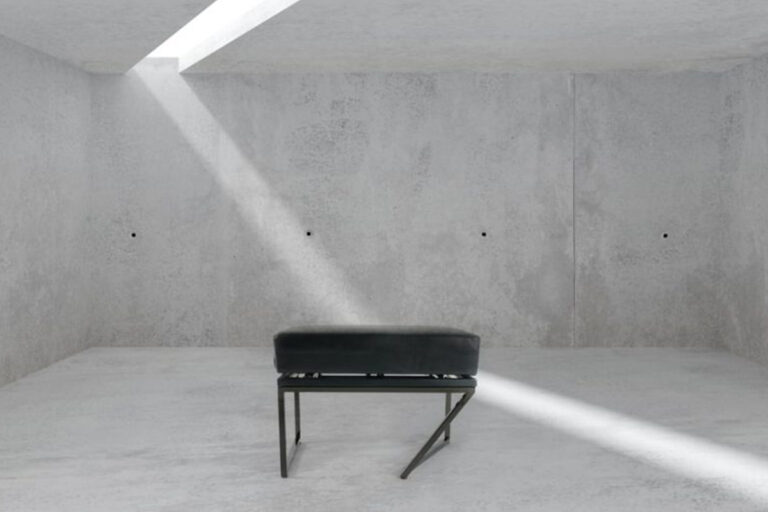On March 8th, International Women’s Day was celebrated and in Kaunus we would like to pay tribute to women in the history of music.
Since the beginning of time, musical activity has found a great representation among women, which, unfortunately, has been ignored or underestimated in the history of music.
Women have distinguished themselves not only in instrumental performance and orchestral conducting, but also as composers of great masterpieces. Throughout the 20th century, the female figure began to make itself known and to ensure their representation in orchestral conducting and interpretation.
Why were there no women who devoted themselves to music? Because it was a space reserved for men. The reasons why over the centuries women have not dedicated themselves to music professionally were none other than those that prevented them from being professionals in any other discipline.
Plausibly the only exception is the case of female singers, due to their main and necessary role in the lyrical repertoire from the end of the 18th century. It is worth remembering that before that, the very famous Castrati were used and that women were forbidden to take part in operas or theatrical performances.
In fact, only a minority of names can be associated with the world of classical music towards the middle of the 20th century. The composer Hildegarda von Bingen (1098-1179), the singers and composers Francesca Caccini (1587-1640) and Barbara Strozzi (1619-1677), the pianists and composers Clara Schumann (1819-1896) and Teresa Carreño (1853-1917) are among the remarkable ones whose excellence is unquestionable, although they have only been widely recognized in recent decades.
5 female personalities in the history of music
Hildegarda von Bingen (1098-1179)
Ahead of her time. In the middle of the Middle Ages, women were limited to household chores. Taking advantage of a more flexible ecclesiastical control in Central Europe, Hildegarda von Bingen’s life took a turn as a Benedictine nun. She became the abbess of her abbey, using her prestige to give free rein to her musical creativity. Her contribution to sacred music in the Middle Ages is remarkable.
Francesca Caccini (1587-1640)
Francesca Caccini was born in Medici Italy in 1587, one of the most important composers in history. One of the first to compose operas, at the beginning. Her father, who was also a composer, taught her the art of music. Francesca, who spoke several languages, wrote poems and played several instruments, earned more than her father and her fame spread beyond the Italian borders.
Barbara Strozzi (1619-1677)
Barbara is an Italian singer and composer of the 17th century. She specialized in cantatas, a musical composition for one or more voices, with accompaniment, what we would call a song today.
At that time, many Italian composers wrote cantatas, Antonio Vivaldi and Claudio Monteverdi for example. However, Bárbara Strozzi is the one who has the most of them among all the Baroque composers.
Clara Schumann (1819-1896)
Her name may ring a bell, and yes she was the wife of Robert Schumann.
She was born in Leipzig; very young she studied music and distinguished herself as a magnificent pianist and composer.
She performed the works of Bach, Mozart, Beethoven, Schumann and Brahms in many concerts. And she gave violin and piano recitals by the virtuoso Joseph Joachim. In 1878 she became a piano professor at the Frankfurt Conservatory.
Teresa Carreño (1853-1917)
In 19th century Venezuela, the composer, pianist, director and singer Teresa Carreño was born. It was in her family that she received her first music lessons. In 1862, Tersa’s family moved to New York. At the age of 8, she began a career as a concert pianist, performing in many cities in the United States, she even played for President Abraham Lincoln. Her career included numerous tours around the world. In total, she wrote 75 pieces for piano, choir, orchestra and chamber music.



